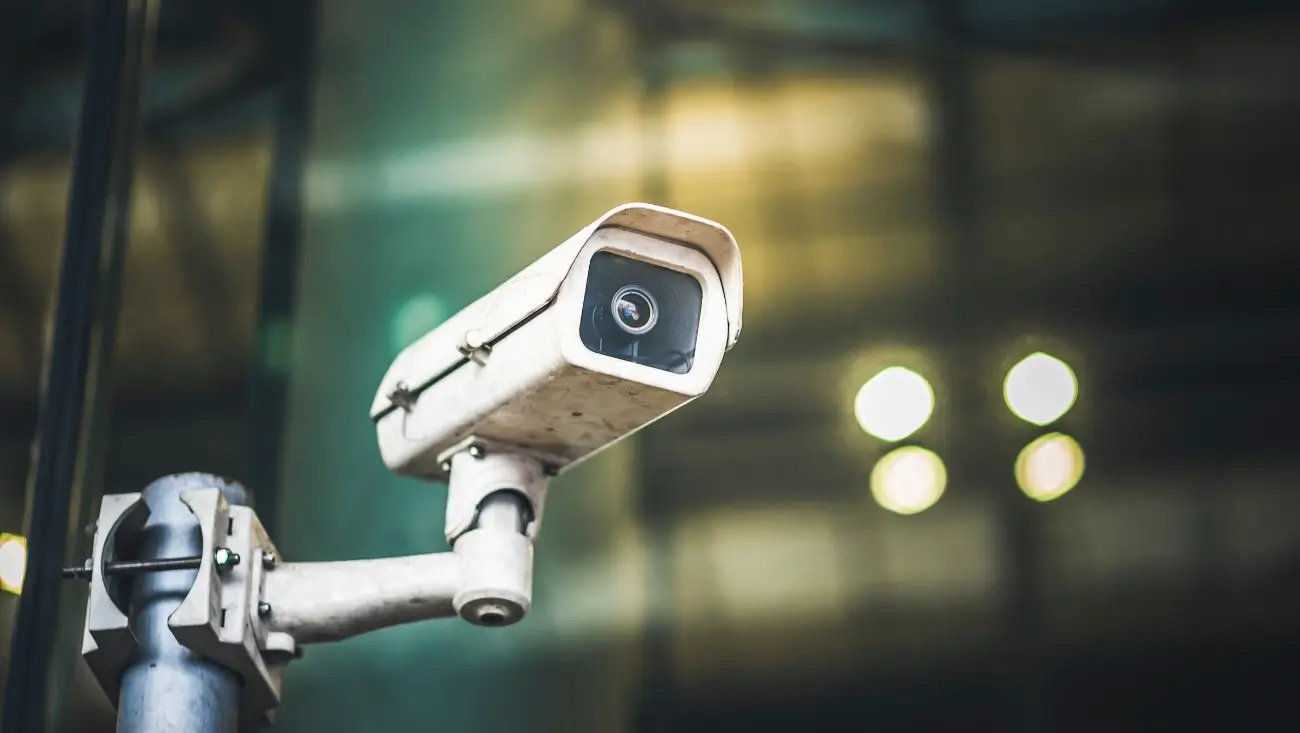A new artificial intelligence technology, known as Track AI, is allowing law enforcement to bypass facial recognition bans by tracking individuals in surveillance videos without relying on facial features, as reported by MIT Technology Review. Developed by Veritone, Track AI identifies and follows people based on attributes like body size, gender, hair color, clothing, and walking style, raising significant privacy and civil liberties concerns. This innovation, while praised for its potential in investigations, also sparks debates about surveillance ethics and the digital divide, reflecting broader trends in AI-driven creative tools and AI privacy debates.
Track AI operates by analyzing video footage to create a timeline of a suspect’s movements without needing a clear shot of their face. MIT Technology Review notes that this technology is particularly useful in jurisdictions where facial recognition is banned, such as San Francisco and Oakland, California, where laws prohibit real-time biometric identification. Track AI can identify individuals by how they walk, making it possible to use footage that might have been previously unusable. This capability aligns with advancements in AI communication tools, where technology enhances data analysis, similar to AI-driven translation devices.
The technology’s adoption has alarmed civil liberties advocates. MIT Technology Review reports that Track AI’s expansion comes as laws limiting facial recognition spread, sparked by wrongful arrests and the known biases of facial recognition algorithms against nonwhite faces.while Track AI doesn’t use facial recognition, a human reviewer could still recognize a suspect’s face, potentially undermining privacy protections. This raises ethical questions about surveillance, a concern often discussed in cybersecurity discussions about data privacy and security.
The digital divide further complicates the impact of Track AI. Users in underserved areas may be disproportionately affected by increased surveillance, a challenge often raised in AI accessibility efforts about ensuring equitable technology use. Additionally, the resource-intensive nature of this AI could strain local law enforcement budgets, potentially limiting its adoption in smaller jurisdictions. This aligns with concerns in AI-driven public safety tools, where the balance between innovation and accessibility is critical.
Track AI’s ability to circumvent facial recognition bans represents a double-edged sword. On one hand, it offers law enforcement a powerful tool to solve crimes without relying on controversial facial recognition technology. On the other hand, it raises significant privacy concerns, as the technology can still identify individuals through other means, potentially leading to misuse or overreach. The ethical implications are profound, as this technology could be used to track individuals in public spaces without their consent, a scenario that civil liberties groups have long warned against.
The development of Track AI also highlights the evolving nature of AI in law enforcement. As facial recognition faces increasing scrutiny and legal restrictions, other forms of AI are stepping in to fill the gap. This shift is part of a broader trend where AI is being integrated into various aspects of public safety, from predictive policing to real-time threat assessment. However, the lack of transparency and accountability in how these technologies are deployed remains a significant concern. Law enforcement agencies must ensure that the use of Track AI is governed by strict policies and oversight to prevent abuse.
Moreover, the technological arms race in AI surveillance is intensifying. Companies like Veritone are investing heavily in developing these tools, driven by the demand from law enforcement agencies seeking alternatives to facial recognition. This competition could lead to rapid advancements in AI capabilities, but it also risks outpacing the development of ethical frameworks and legal regulations. The balance between innovation and regulation is crucial, as seen in AI language tool debates, where the rapid deployment of AI often outstrips public understanding and consent.
The impact of Track AI on society could be profound. While it may enhance the ability of police to solve crimes, it also risks eroding privacy rights and increasing the surveillance state. The technology’s deployment in public spaces, such as airports, train stations, and city streets, could lead to a scenario where individuals are constantly monitored, even without facial recognition. This raises questions about the future of privacy in an increasingly digital world, a concern often explored in cybersecurity discussions about data protection.
In conclusion, Track AI’s ability to bypass facial recognition bans is a testament to the rapid evolution of AI technology, but it also underscores the need for careful consideration of its ethical and societal implications. As law enforcement agencies adopt these tools, the balance between public safety and individual privacy will be a critical issue. What do you think about Track AI’s use in policing—does it enhance public safety, or does it threaten privacy rights? Share your thoughts in the comments—we’d love to hear your perspective on this controversial technology.







